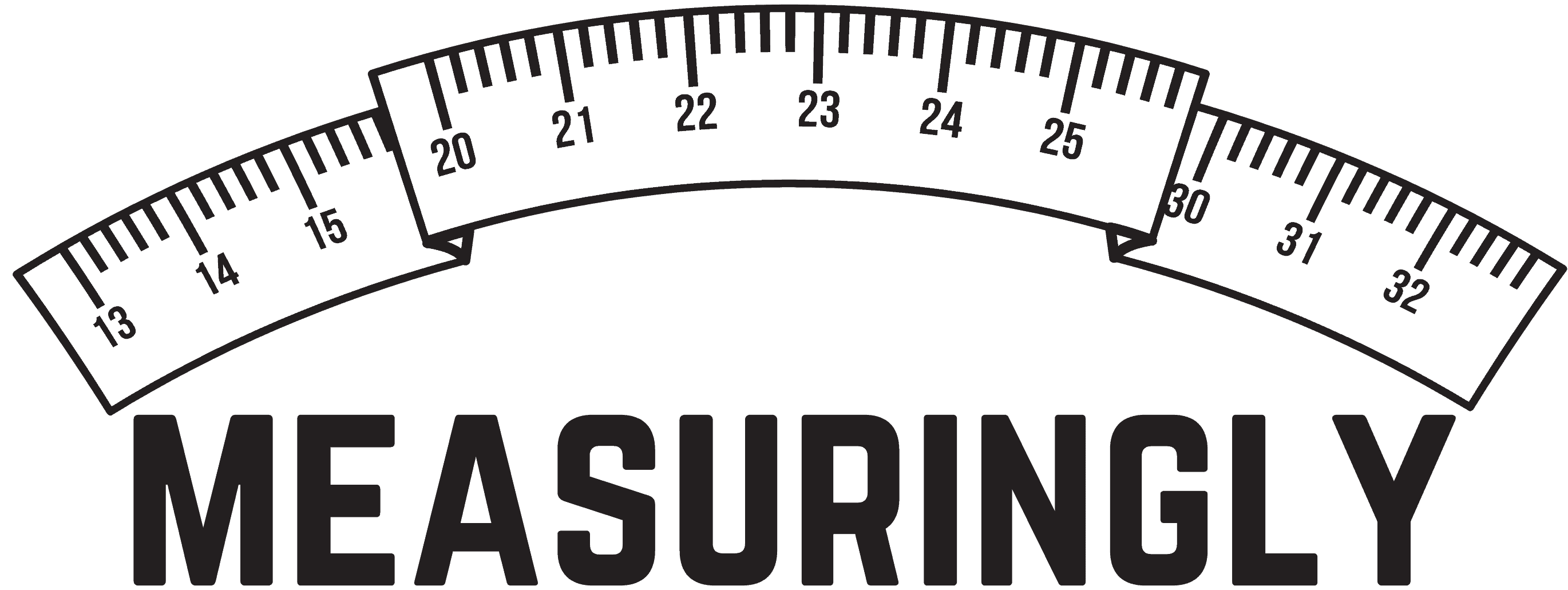When stocking up for a party or choosing a wine for dinner, have you ever wondered how much a bottle of wine weighs?
Knowing the weight of a bottle can be helpful in many situations, from selecting the right wine to calculating shipping costs. This article sheds some light on this seemingly trivial yet intriguing question.
A standard bottle of wine typically holds 750 milliliters (ml) or 25.4 ounces and weighs about 1.2 pounds (0.55 kilograms) when empty and around 2.65 pounds (1.2 kilograms) when full. An empty magnum bottle weighs close to 2 pounds (0.9 kilograms) and weighs around 5.3 pounds (2.4 kilograms) when full.
Read: How Much Does a Dump Truck Weigh? (Weight of Different Models)
Understanding Wine Bottle Weights
When you’re trying to determine the weight of a bottle of wine, there are several factors to consider. Remember, the weight includes both the glass container and the liquid inside. Below, we will discuss these factors and help you understand wine bottle weights.

First and foremost, consider the size of the bottle. Wine bottles come in various sizes, and their weight often varies accordingly. Standard wine bottles typically hold 750 milliliters (25.4 ounces) of wine and weigh around 2.65 pounds (1.2 kilograms) when full.
You will also find smaller bottles, such as 375-milliliter (12.7 ounces) half-bottles, or larger ones, like 1.5-liter (50.7 ounces) magnums.
In addition to size, the glass thickness can also impact a bottle’s weight. Heavier, thicker glass is often used for high-quality wines for several reasons, such as better preserving the wine or providing a more robust barrier against temperature fluctuations.
Lighter glass can be more environmentally friendly and more accessible to transport but might not offer the same level of protection.
Another aspect to consider is the type of wine inside the bottle. The weight of the liquid can vary depending on the wine’s density and alcohol content. For example, a high-alcohol dessert wine might be slightly heavier than a low-alcohol sparkling wine.
To help you with your understanding of wine bottle weights, here’s a table listing some standard bottle sizes and their approximate total weights:
| Bottle size | Wine capacity (ml) | Approximate weight (lbs) | Approximate weight (kg) |
|---|---|---|---|
| Half-bottle | 375 | 1.32 | 0.6 |
| Standard bottle | 750 | 2.65 | 1.2 |
| Magnum | 1,500 | 5.29 | 2.4 |
| Double Magnum | 3,000 | 9.92 | 4.5 |
Remember that these weights are approximate and can vary due to the factors mentioned earlier, such as glass thickness and wine type. But with this information, you should better understand wine bottle weights and be better prepared when handling, transporting, or storing your wine.
Types of Wine Bottles

Standard Bottle
A standard bottle of wine typically holds 750 milliliters (ml) or 25.4 ounces. You’ll find most wines in this size, and it’s perfect for sharing with a friend or two. It’s easy to hold and pour from when full, weighing around 2.65 pounds (1.2 kilograms). The empty bottle alone weighs about 1.2 pounds (0.55 kilograms).
Magnum Bottle
If you’re sharing wine with a larger group, a magnum bottle might be just what you need. Holding twice the volume of a standard bottle (1.5 liters or 50.7 ounces), it weighs around 5.3 pounds (2.4 kilograms) when full.
An empty magnum bottle weighs close to 2 pounds (0.9 kilograms). Aside from being great for serving more people, larger bottles like magnums can also age wine more gracefully due to the lower oxygen-to-wine ratio.
Split Bottle
For times when you want just a glass or two, a split bottle is a more modest choice. This smaller bottle contains 375ml (12.7 ounces), half the size of a standard bottle.
A full split bottle weighs around 1.4 pounds (0.64 kilograms), while an empty bottle weighs approximately 0.6 pounds (0.27 kilograms). Split bottles are convenient for enjoying various wines without committing to a full bottle.
Jeroboam Bottle
For when you have an extraordinary occasion, consider a jeroboam bottle. This impressive container holds 3 liters (101.4 ounces), four times the size of a standard bottle!
When full, a jeroboam weighs around 10.6 pounds (4.8 kilograms), and an empty one is about 4 pounds (1.8 kilograms). It makes quite the statement when brought to the table. Larger bottles like jeroboams offer a longer shelf life and better-aging potential.
Here is a brief overview of standard wine bottle sizes and their respective empty weights:
- Standard (750ml): Typically, an empty standard wine bottle weighs approximately 500g (1.1 lbs).
- Half-Bottle (375ml): Smaller than a standard bottle, a half-bottle usually weighs around 300g (0.66 lbs) empty.
- Magnum (1.5L): A magnum bottle holds twice the volume of a standard bottle, so its empty weight is around 900g (2 lbs).
Now, let’s look at the average weight of full wine bottles.
- Standard (750ml): A full standard wine bottle weighs roughly 1.2-1.4 kg (2.6-3 lbs). This includes the weight of the wine (about 700g) and the bottle (500g).
- Half-Bottle (375ml): When filled with wine, a half-bottle weighs around 675-725g (1.5-1.6 lbs).
- Magnum (1.5L): A full magnum weighs about 2.4-2.6 kg (5.3-5.7 lbs), considering the wine and the bottle.
Factors Affecting Wine Bottle Weight

Bottle Design and Material
The weight of a wine bottle is greatly influenced by its design and material. Glass is the most common material used for wine bottles, but some different types and thicknesses can affect its weight.
Read: How Much Does Football Weigh? (Complete Guide)
You might also come across bottles made from alternative materials like aluminum or plastic, which weigh less than glass. However, they are less common and typically reserved for more casual wines or specific purposes.
Wine Type
The type of wine also impacts the bottle’s weight as it dictates the ideal container. Red wines, like Cabernet Sauvignon or Pinot Noir, usually come in heavier bottles, which helps to protect them from light and temperature fluctuations. Their bottle weight can range from 500 grams to 750 grams (about 1.1-1.6 pounds).
On the other hand, white wines, such as Chardonnay or Sauvignon Blanc, often come in lighter bottles, weighing roughly 400-600 grams (0.9-1.3 pounds). The lighter weight makes it easier to chill them quickly, and white wines generally have less contact with light due to being stored and consumed faster.
Conclusion
In conclusion, wine bottle weights vary significantly, with red wines typically housed in heavier bottles ranging from 650-900 grams (1.4-2 pounds), emphasizing durability and aging potential.
In contrast, white wines like Chardonnay or Sauvignon Blanc are commonly found in lighter bottles weighing approximately 400-600 grams (0.9-1.3 pounds). This more lightweight design facilitates rapid chilling and aligns with white wines’ quicker storage and consumption patterns.







